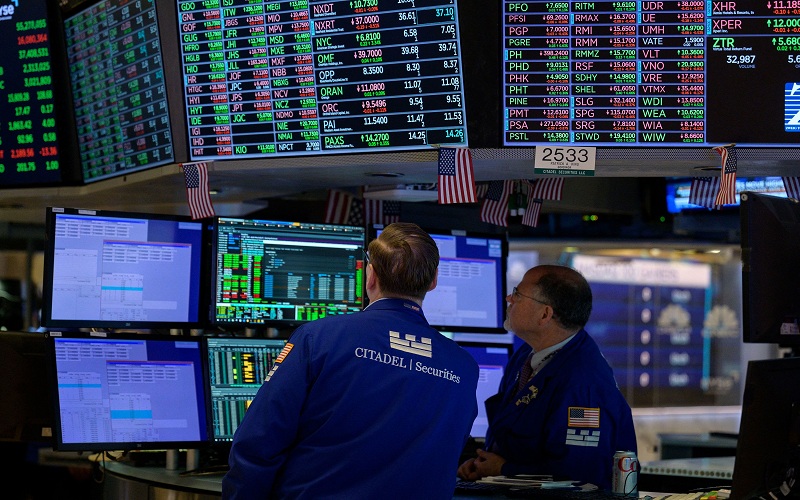In today’s interconnected world, the global economy serves as the backdrop for economic activity, trade, and financial flows among nations. The global economy encompasses a vast and intricate network of interconnected markets, industries, and economies, each influenced by a myriad of factors ranging from geopolitical tensions to technological advancements. In this article, we’ll explore the trends, challenges, and opportunities shaping the global economy in the 21st century. Here’s a guide from experts such as Kavan Choksi.
One of the defining trends of the global economy is globalization, the process of increased interconnectedness and integration among countries and regions. Globalization has facilitated the movement of goods, services, capital, and people across borders, leading to the expansion of international trade, investment, and economic interdependence. Advances in technology, communication, and transportation have further accelerated globalization, connecting distant markets and enabling seamless exchange of information and resources.
Moreover, the rise of emerging markets and developing economies has reshaped the global economic landscape, driving growth, innovation, and prosperity in regions such as Asia, Latin America, and Africa. Countries such as China, India, and Brazil have emerged as major players in the global economy, contributing to the expansion of trade, investment, and consumption on a global scale. The integration of emerging markets into the global economy has created new opportunities for businesses, investors, and consumers, while also posing challenges related to economic imbalances, volatility, and geopolitical tensions.
However, the global economy also faces significant challenges and uncertainties that threaten its stability and resilience. One of the most pressing challenges is the ongoing COVID-19 pandemic, which has disrupted supply chains, shuttered businesses, and strained healthcare systems worldwide. The pandemic has led to widespread economic contraction, job losses, and social upheaval, highlighting the vulnerability of the global economy to external shocks and crises.
Moreover, geopolitical tensions and trade disputes between major economies, such as the United States, China, and the European Union, have created uncertainty and volatility in global markets. Tariffs, sanctions, and protectionist measures have disrupted international trade flows, increased business costs, and dampened investor confidence, posing risks to global economic growth and prosperity.
Another challenge facing the global economy is income inequality and social disparities, both within and among countries. While globalization has lifted millions of people out of poverty and improved living standards in many parts of the world, it has also exacerbated income inequality, with wealth and opportunities concentrated in the hands of a few. Rising income inequality undermines social cohesion, fosters resentment, and poses risks to political stability and economic development.
Despite these challenges, the global economy also presents opportunities for growth, innovation, and collaboration. Technological advancements, such as artificial intelligence, automation, and renewable energy, hold the potential to drive productivity gains, create new industries, and address pressing global challenges, such as climate change and resource scarcity. Moreover, initiatives such as the Sustainable Development Goals (SDGs) and the Paris Agreement provide a framework for international cooperation and collective action to achieve shared objectives and promote inclusive and sustainable growth.
In conclusion, the global economy is a complex and dynamic system shaped by a multitude of factors, including globalization, technological advancements, and geopolitical dynamics. While facing challenges such as the COVID-19 pandemic, geopolitical tensions, and income inequality, the global economy also presents opportunities for collaboration, innovation, and sustainable development. By fostering cooperation, embracing innovation, and addressing structural challenges, nations can navigate the complexities of the global economy and build a more prosperous and inclusive future for all.






More Stories
Understanding the Impact of Leverage in Margin Trading Facility
How to Analyze Forex Markets Using ThinkMarkets Tools
Risk Management in CFD Trading: Essential Strategies for Success